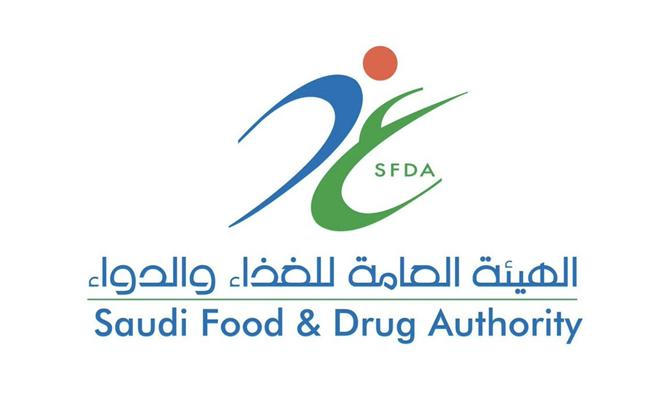

- Hajj And Omrah
-
About SFDA
About SFDA
SFDA in vision 2030
Authority Strategy
Career and Life
- Information Lists
-
Areas
- Consumer Corner
- Media Centre
- Eservices
Important Drug Warning For Gadolinium-Based Contrast Agents Used for Magnetic Resonance Imaging
Important Drug Warning For Gadolinium-Based Contrast Agents Used for Magnetic Resonance Imaging
Important Drug Warning For Gadolinium-Based Contrast Agents Used for Magnetic Resonance Imaging
2007-09-30
September 12, 2007 – The U.S Food and Drug Administration (FDA), the equivalent to the Saudi Food and Drug Authority (SFDA) , has requested manufacturers of all gadolinium-based contrast agents (GBCAs) to add a new Boxed Warning and new Warnings about Nephrogenic Systemic Fibrosis (NSF) to the full prescribing information for all gadolinium-based contrast agents (GBCAs) (Magnevist, MultiHance, Omniscan, OptiMARK, ProHance) used in Magnetic Resonance Imaging (MRI).
This new labeling highlights and describes the risk for NSF following exposure to a GBCA in patients with acute or chronic severe renal insufficiency (a glomerular filtration rate <30 mL/min/1.73m2) and patients with acute renal insufficiency of any severity due to the hepato-renal syndrome or in the peri-operative liver transplantation period. NSF is a debilitating and sometimes fatal disease affecting the skin, muscle, and internal organs.
As of today, the FDA has received reports of over 250 cases of NSF after administration of gadolinium-based contrast agents.
Recommendations and Considerations for Healthcare Professionals:
- Avoid use of GBCAs unless the diagnostic information is essential and not available with non-contrast enhanced magnetic resonance imaging (MRI).
- When administering a GBCA, do not exceed the dose recommended in product labeling. Allow sufficient time for elimination of the GBCA prior to any readministration.
- Determine the renal function of patients by obtaining a medical history or conducting laboratory tests that measure renal function prior to using a GBCA.
- For patients receiving hemodialysis, you may consider prompt hemodialysis following GBCA administration in order to enhance the contrast agent's elimination. However, it is unknown if hemodialysis prevents NSF.
- The risk, if any, for developing NSF among patients with mild to moderate renal insufficiency or normal renal function is unknown.
Report Adverse Drug Reactions to the Saudi FDA
The public and health professionals are encouraged to report adverse drug reactions of Gadolinium-based contrast agent to the National Pharmacovigilance center on the internet at:


